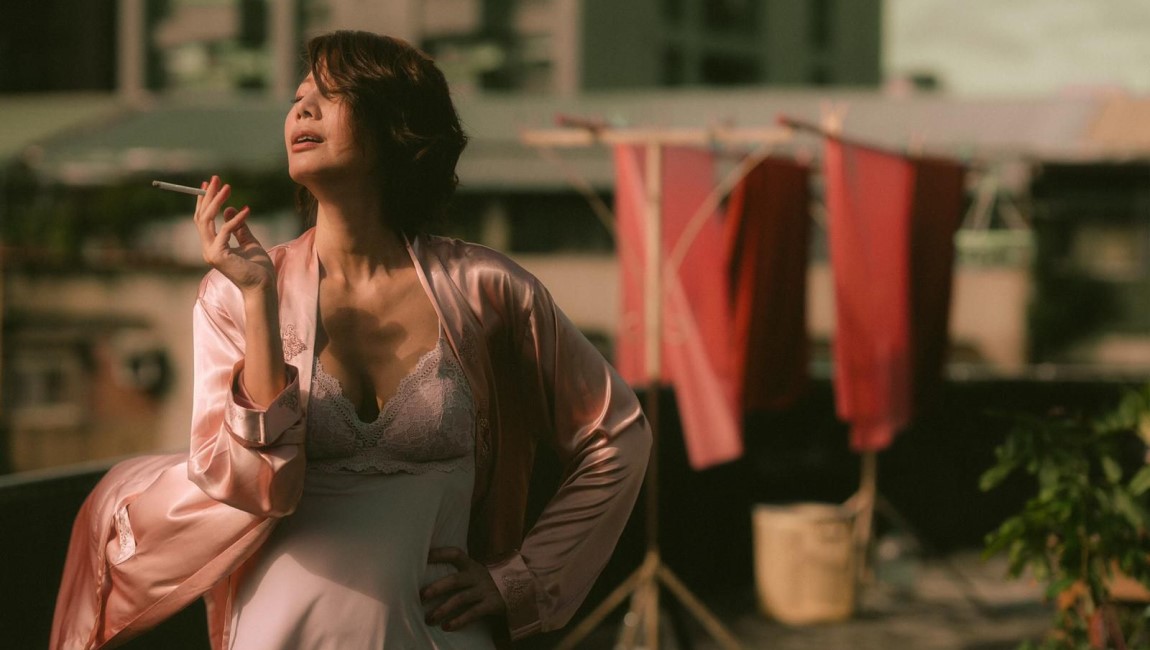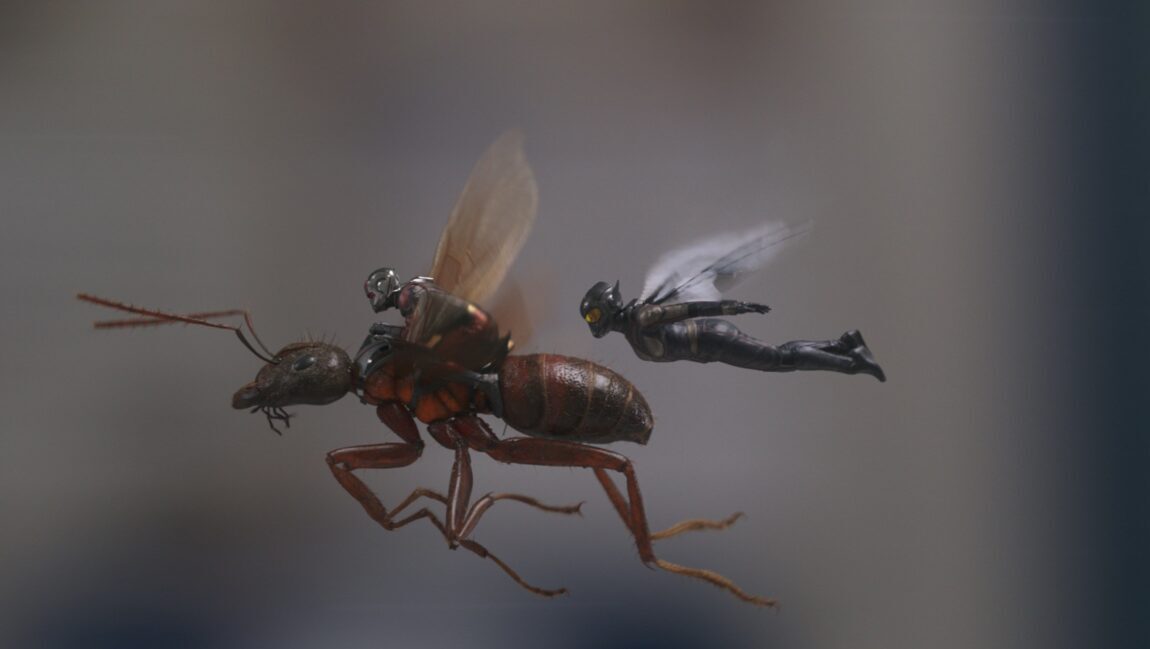Edward Yang’s 1986 film Terrorizers is an opaque, elliptical portrait of overwhelming ennui in a then modern-day Taipei, and one of the earliest examples of what would become known as a “network narrative,” the everyone-is-connected storytelling technique that reached its nadir with Paul Haggis’ Crash and Alejandro González Inarritu’s Babel. Ho Wi-ding’s Terrorizers faces an uphill battle, then, attempting not only to reference and update Yang’s bonafide masterpiece, but also to revitalize this largely passé mode that has long been relegated to Oscar bait also-rans. The film begins promisingly enough; Xiao Zhang (JC Lin) has returned to the city after years away and reconnects with Yu Fang (Moon Lee), a young woman he once had a schoolboy crush on. As they begin a tentative courtship, we are introduced to other figures orbiting the periphery of their story, including Yu Fang’s father and his new, significantly younger fiancé; a teenaged girl named Kiki (Yao Ai Ning) who works at the restaurant that Xiao Zhang cooks in, and a man who appears at first to be Yu Fang’s ex-boyfriend, Ming Liang (Austin Lin). As Xiao Zhang and Yu Fang prepare to board a train for a weekend getaway, Ming Liang attacks them with a sword, injuring Xiao in the process. At this point, the film rewinds and proceeds to retell the preceding narrative beats (which occupy roughly 25 of the movie’s 127 minutes) from the different perspectives of each of these characters, as well as a former cam-girl named Monica (Annie Chen) and her ex-boyfriend, who both become integral to the plot.
As the story expands and becomes more complicated, more details are revealed about all of these people and their interlocked destinies. Kiki is actually an aspiring cosplayer who breaks into empty condos with a friend and makes sexually charged prank phone calls. Monica is trying to leave her past behind her and transition into “respectable” acting work, but debt compels her back into her ex’s orbit. Yu Fang is revealed to be a deeply damaged woman spiraling at the news that her new step-mother is pregnant, convinced that this baby will further isolate her from her father. Eventually, Monica and Yu Fang meet at an audition and become fast friends, while the menacing Ming Liang lurks in the background and becomes entangled with both an aged, alcoholic masseuse and young Kiki.
Ho handles this potentially confusing narrative overload with clarity, maneuvering the various pieces into place with clockwork precision. But for all the film’s fine formal elements and complicated structure, it possesses a pat psychology that cheapens the overall project. The biggest issue is that Ming Liang gradually emerges from the ensemble to become the main character, or at least the main motivating factor behind everyone else’s actions. But he’s less a fully fleshed-out person than an unpleasant collection of cliches, a quiet introvert who becomes obsessed at different points with Yu Fang, Kiki, and, finally, Monica, watching porn and masturbating when he’s not playing video games. The cause-and-effect that Ho lays out is disingenuous, an afterschool special that checks off various “won’t somebody think of the children” moral panics while expending much of its energy trying to explain the psychology of a violent incel. What emerges is a how-we-live-now statement that eschews Yang’s subtleties for blunt force simplicity. Eventually all of these threads coalesce back at their starting point — the attack and its immediate aftermath — at which point Ho affixes another chunk of narrative detailing the fallout of a recently revealed romantic entanglement. At its best, Terrorizers can feel almost like a Kiyoshi Kurosawa film, chronicling characters adrift in modernity and looking for connections in their various screens. But at its worst, this is just a Men, Women & Children retread, another belated attempt to tap the zeitgeist that falls flat and lasts an interminable two-plus hours.
Published as part of New York Asian Film Festival 2022 — Dispatch 1.







